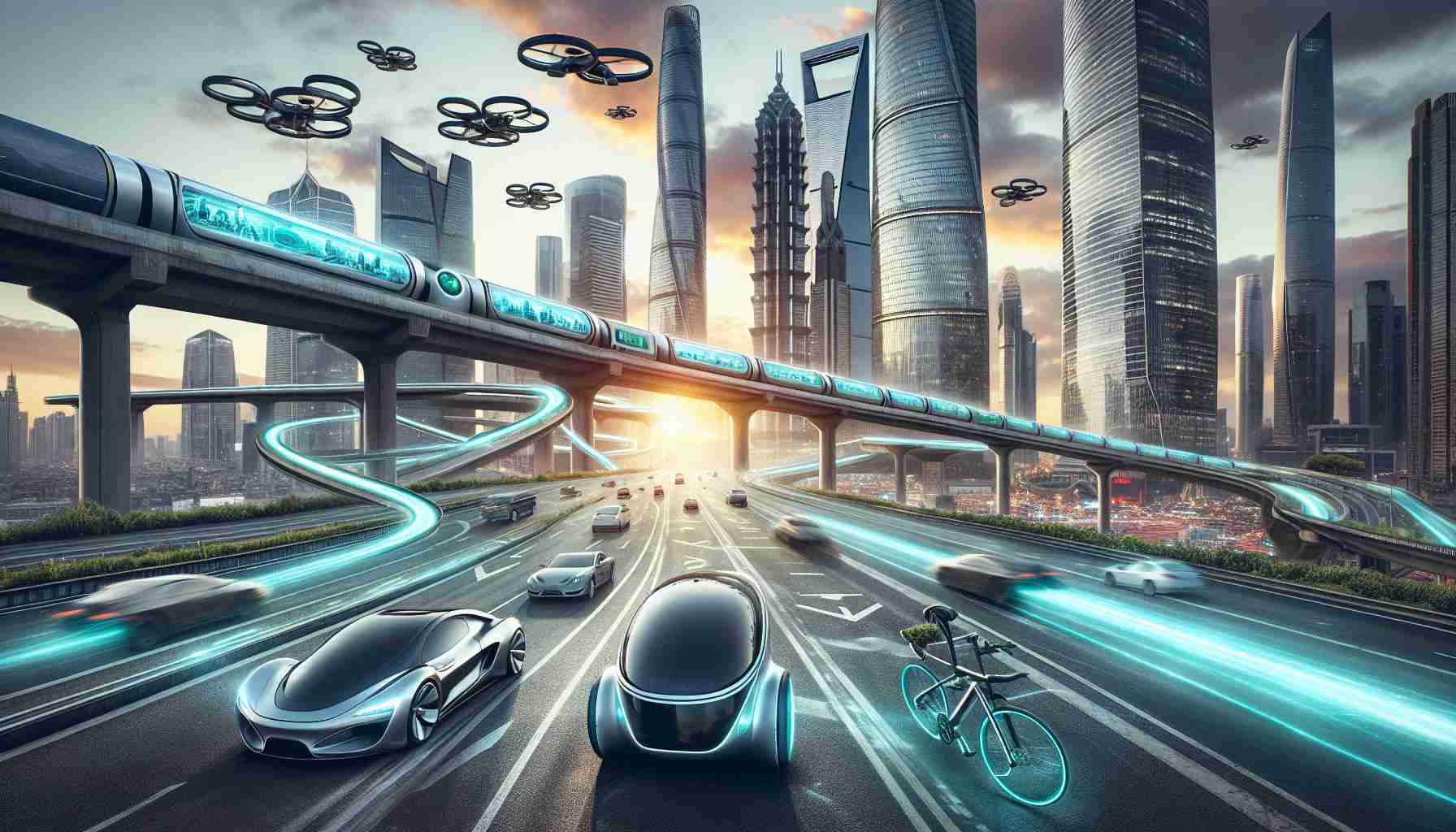The transportation industry is on the verge of a revolution. Advances in technology and changing consumer preferences are reshaping the way we travel. Electric vehicles, autonomous cars, and innovative transportation solutions are becoming increasingly common, paving the way for a greener and more efficient future.
Electric vehicles (EVs) have gained significant traction in recent years. With governments and consumers alike recognizing the need to reduce carbon emissions, EVs have become a viable alternative to traditional gasoline-powered cars. The adoption of EVs is expected to accelerate in the coming years, as improvements in battery technology lead to longer driving ranges and faster charging times.
Autonomous cars, once a distant dream, are now a reality. These self-driving vehicles promise to revolutionize the way we commute, making it safer and more convenient. With advanced sensors and artificial intelligence, autonomous cars have the potential to significantly reduce accidents and traffic congestion. In addition, they offer the opportunity for increased productivity during travel, as occupants can focus on other activities while the vehicle takes care of the driving.
The rise of ride-sharing services, such as Uber and Lyft, has already disrupted the traditional taxi industry. These platforms leverage technology to connect riders with drivers, providing a more convenient and cost-effective alternative to traditional transportation. As these services continue to evolve, they are likely to integrate autonomous vehicles into their fleets, further enhancing efficiency and affordability.
Innovative transportation solutions, such as hyperloop systems and flying taxis, are also gaining momentum. Hyperloop technology, proposed by Elon Musk, promises to revolutionize long-distance travel by propelling passenger pods through vacuum tubes at high speeds. Meanwhile, companies like Uber and Airbus are exploring the potential of flying taxis, which could drastically reduce travel times in congested urban areas.
As we look to the future, it is evident that the transportation landscape is undergoing a profound transformation. From electric vehicles to autonomous cars and innovative transportation solutions, the way we travel is evolving rapidly. While challenges remain, such as infrastructure upgrades and regulatory hurdles, the potential benefits of these advancements are immense. A greener, safer, and more efficient transportation system is within reach, and it is an exciting time to be a part of this journey.
The transportation industry is a vital sector of the global economy, encompassing various modes of transportation such as road, rail, air, and water. It plays a crucial role in facilitating the movement of goods, people, and services, both domestically and internationally.
According to market forecasts, the global electric vehicle market is poised for substantial growth in the coming years. Factors such as government incentives, increasing environmental awareness, and advancements in EV technology are driving this growth. By 2030, it is projected that EVs will make up a significant share of the overall automotive market, with some estimates suggesting that they could account for over 50% of new vehicle sales.
The autonomous vehicle market is also expected to witness significant growth. As per market forecasts, the global autonomous vehicle market is projected to reach a value of over $556 billion by 2026. Factors such as the potential for increased road safety, reduced traffic congestion, and enhanced mobility for elderly and disabled individuals are driving the adoption of autonomous cars.
However, there are challenges that the transportation industry needs to address. One of the major issues is the lack of charging infrastructure for electric vehicles. Although the number of charging stations is increasing, there is a need for further investment in infrastructure to support the widespread adoption of EVs.
Additionally, the regulatory environment surrounding autonomous vehicles is still being developed. Governments across the world are grappling with issues such as liability in the event of accidents involving autonomous cars and the impact on employment opportunities for human drivers. Clear and consistent regulations will be essential to ensure the safe and effective deployment of autonomous vehicles.
To stay updated on the latest developments in the transportation industry and market forecasts, you can visit reputable industry websites such as U.S. Department of Transportation and Automotive World. These websites provide insights into industry trends, emerging technologies, and market predictions.
In conclusion, the transportation industry is undergoing a transformative period with the rise of electric vehicles, autonomous cars, and innovative transportation solutions. While there are challenges to overcome, the potential benefits of these advancements, such as reduced carbon emissions, improved road safety, and enhanced mobility, are driving the industry forward. As consumers and businesses continue to embrace these technological developments, the transportation industry is on the cusp of a revolution that will shape the way we travel in the future.







